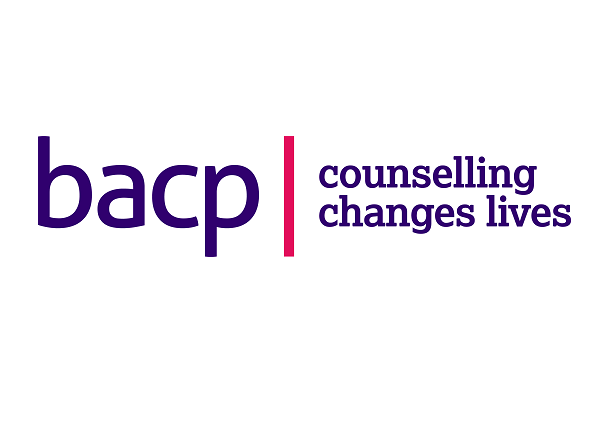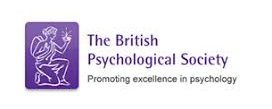
Burnout & Stress Therapy in Wimbledon, Queens Park & Online
Always chasing the next goal?
Worried about letting something slip?
Feeling drained and missing out on life?
Burnout & Stress: When coping becomes surviving
Burnout isn’t just fatigue. It’s an inner battery so depleted that no amount of rest seems to recharge it. It shows up as relentless exhaustion, a flatline of motivation, and a creeping sense of disconnection – both from others and from your own sense of self. You might keep ticking along, meeting expectations and guiltily masking how hollow it feels behind the mask. But that mask alone won’t sustain you.
At The Village Clinic, we see burnout not as a moral failure but as a clear, embodied signal: something’s got to change. If you’re wondering what to expect before starting, see our Fees and learn how to begin with our Getting Started guide.
In plain terms:
Burnout is a deep depletion – emotional, mental, physical – born of relentless stress. It might show up as irritability, a fog that clouds your focus, or a loss of meaning, even in things you once cared about.
Typical signs of burnout include:
- A relentless fatigue that even rest doesn’t dissolve
- Emotional numbness, frayed patience, irritability
- A sense of drifting—motivation gone, purpose lost
- Disconnection from work, relationships, or even yourself
- Difficulty concentrating, forgetting things easily
- Physical alarms: headaches, gut issues, broken sleep patterns
Questions first? See our FAQs
Our integrative relational work is guided by Veronika Kloucek, Clinical Director and UKCP & BACP Senior Accredited Psychotherapist, ensuring therapy is grounded in clinical experience and authentic human care.
Burnout & Stress Treatment That Goes Deeper
Burnout often carries the quiet weight of powerlessness, as if the tools you once used to manage stress have gone blunt.
Our approach is different: Integrative Relational Therapy looks beneath the exhaustion; at emotional load, unspoken expectations, and patterns you may have inherited or internalised. We work to restore balance not with quick fixes, but through relational awareness, emotional attunement, and pacing that fits your life.
Some people also combine therapy with other treatments – from medication and holistic practices to nutrition, exercise, or tracking tools. Integrative Relational Therapy complements these by offering the human space where deeper change takes hold.

Therapy Provides Space To:
- Regain energy and resilience
- Recognise and shift unhelpful patterns
- Strengthen boundaries at work and in relationships
- Restore a sense of connection with yourself and others
- Reclaim space for what truly matters
Our approach
Our approach isn’t one-size-fits-all—it’s relational and flexible, exactly tailored to you. When burnout is the focus, this often means:
- Co-creating strategies that feel doable in daily life, not another item to check off
- Learning to slow down so your body, not just your mind, is heard
- Exploring the deeper drivers of overwork or emotional load
- Naming the beliefs quietly running decisions (such as “if I say not, they’ll think I’m weak”) so you can begin to choose differenty
Your Questions, Answered
Yes. Stress and burnout affect the whole body. We’ll consider both psychological and physiological signs.
Yes. Therapy can support pacing, boundary setting and confidence as you re-engage.
It may be. Many clients look “fine” outwardly while struggling privately. Talking it through can clarify what’s happening.
Many people improve with therapy alone. If you’re considering medication, your GP can advise on options and timing.
You don’t need perfect words to begin. We’ll start with what’s present: sensations, images, fragments of thought.

Evidence and Further Reading
Why Choose The Village Clinic?
We are committed to clinical integrity, inclusivity, and professional excellence.







